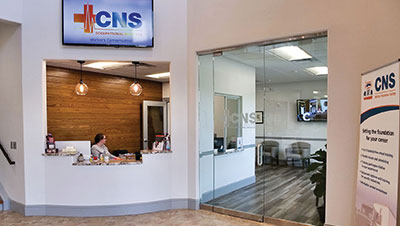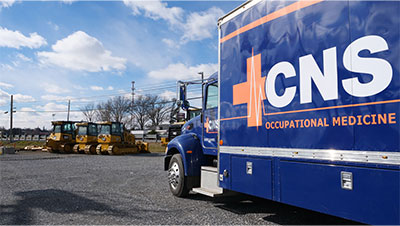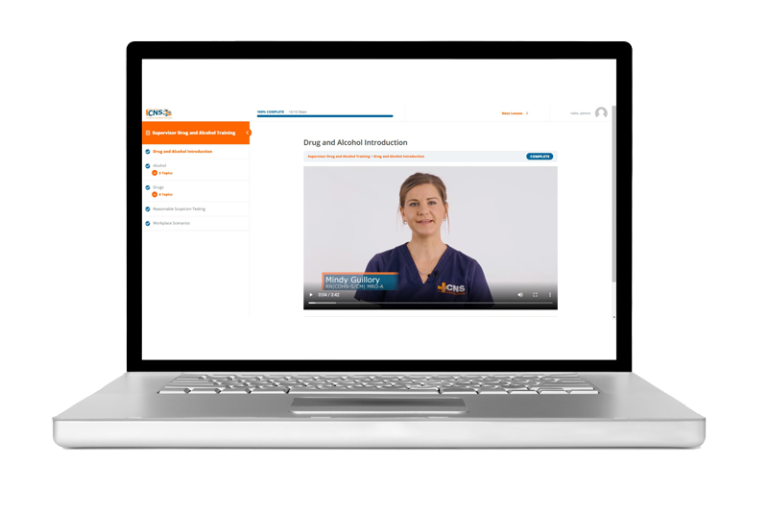For the last twenty years, scientific research has been trying to understand how marijuana affects the body, the mind, and its role in workplace safety.
While there were legal issues and little funding to produce ideal research studies, in 2017, a report from the National Academies of Sciences, Engineering, and Medicine rigorously analyzed more than 10,000 cannabis research studies since 1999 to identify if there was limited, moderate, or substantial statistical evidence of positive or negative health affects with the drug.
According to the report, cannabis has legitimate medicinal benefits for a variety of ailments, but also has been shown as:
- a contributor to certain mental health issues
- has a role as a gateway drug to some degree, and
- has substantive evidence of a statistical association between cannabis use and increased risk of motor vehicle crashes
Today, a new study published in the journal BMJ Open Respiratory Research found that using recreational marijuana is associated with a 22% increased risk of emergency room care and being hospitalized for any reason.
The research study looked at Canadian health records data for over 30,000 Ontario residents between the ages of 12 and 65 over a six-year period.
“Cannabis use is not as benign and safe as some might think. Our study demonstrates that the use of this substance is associated with serious negative outcomes, specifically, ED (emergency department) visits and hospitalizations,” the study author Nicholas Vozoris said in an email to CNN.
While there could be a lot of other outside factors, the finding held true even after adjusting the analysis for over 30 other factors, including other illicit drug use, alcohol use and tobacco smoking.
“Physical bodily injury was the leading cause of emergency department visits and hospitalizations among the cannabis users, with respiratory reasons coming in a close second,” Vozoris said.
This correlates with the previous research study we mention earlier. That comprehensive analysis found that there is:
- substantial evidence of a statistical association between cannabis smoking and worse respiratory symptoms and more frequent chronic bronchitis episodes (long-term cannabis smoking)
- moderate evidence of a statistical association between cannabis use and increased risk of overdose injuries, including respiratory distress, among pediatric populations in U.S. states where cannabis is legal
As legal research grows in this field, and more funding is allowed, these studies are showing an association between marijuana use and injury, both physically and mentally.
A review published earlier this year looked at studies on over 43,000 people and found a negative impact of tetrahydrocannabinol or THC, the main psychoactive compound in cannabis, on the brain’s higher levels of thinking. For youth, this impact may “consequently lead to reduced educational attainment, and, in adults, to poor work performance and dangerous driving.
Relaxing marijuana testing in the workplace increases safety risk
As marijuana laws stretch across the country, state by state, companies are trying to figure out if they should, or even can, test employees for pre-employment or post-accident incidents.
If your business is not federally regulated (for example, truckers are federally required to be in a specific drug testing program), you can set up a policy however you feel comfortable, such as:
- only performing pre-employment drug testing
- only performing post-accident drug testing
- only targeting safety-sensitive roles for pre-employment, post-accident, and random drug testing
Just make sure you understand and follow local, state and Federal laws surrounding drug testing. For example, some states do not allow termination of employment for the first offense when tested positive for any drug.
We also recommend adding or requiring oral saliva drug tests.
Oral saliva testing is a quick, shorter detection window of a few hours to a few days, harder to cheat, and does not have sensitivity issues like urine testing. It is especially suited for reasonable suspicion and post-accident testing since you want to know if drugs may have played a factor in recent events, like a vehicle accident or workplace injury.
Finally, be open with your employees by providing educational materials on how marijuana affects the body and the risks of impairment at work and update your managers on reasonable suspicion training.
CNS Occupational Medicine can help with oral testing and customized policy development
Drug testing policies can be complicated and should consider:
- Purpose of the Policy
- Specimen Types
- Testing Procedures
- Prescription Drug Disclosure
- Federal Regulations (DOT)
- State Drug Testing Laws and Marijuana Laws
- Workers’ Compensation
- ADA
- Prohibited Conduct
- Consequences
Our Occupational Medicine Team can also develop a custom workplace safety plan for your company. You may need a combination of services like physicals, COVID-19 testing, and drug testing, and you may also need these services performed on-site.
For more information, contact us at 800.551.9816 or info@cnsoccmed.com.










